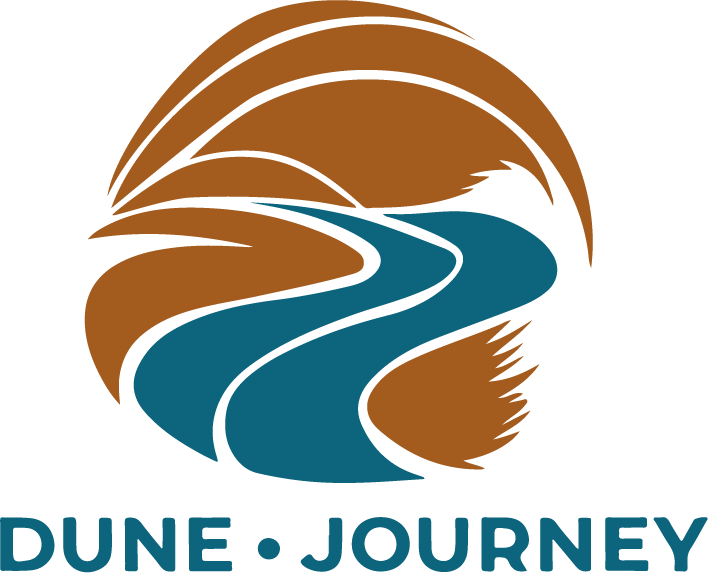

By Dune Journey
Here are some TIPS you NEED TO KNOW before traveling to Morocco
Morocco offers a mix of experiences, both positive and negative. Some aspects of Moroccan culture may be surprising for visitors, but by being aware and understanding of them, it is possible to appreciate the country’s differences and see it in a new light without trying to change it.
Please keep in mind the following tips when traveling to Morocco.
Plan your itinerary with some flexibility and be open to changes. Research the places you want to visit, but also enjoy the spontaneity that Morocco allows. Although you can book tours and activities beforehand, you can also reserve them once you arrive in the country.
Use public transportation, especially in cities. Driving in cities like Casablanca and Marrakesh is best left to locals. Getting around Morocco is easy, even without a car. There is an excellent train network that links many cities, including Africa’s first high-speed train, Al Boraq, between Casablanca and Tangier. A comfortable and reliable bus network connects towns big and small. Book train and bus tickets a day or two in advance to ensure the travel time you’d like.
Hire professional guides. To get the most out of your trip to Morocco, use a guide who has in-depth expertise and speaks your language. In cities, check with the local tourism office or your accommodations for recommendations for licensed guides in the area. If you’re surfing, check ISA’s directory of certified instructors. Hiking guides are mandatory for climbing Mt Toubkal in the High Atlas. Check with Bureau des Guides.
Be aware of the written and unwritten rules of the road. In Morocco, you drive on the right side of the road and seatbelts are mandatory, even though some taxis don’t have them. Car horns are used often – not in an aggressive way, but as a means of communication. Watch out for people, bicycles, motorcycles, and animals coming from all sides. Avoid driving at night because some vehicles do not have or use their lights. Take notice of the speed limits and the roundabouts that have stoplight systems. If you’re stopped for speeding – police speed checks are common – or other penalties, having cash on you to pay fines is preferable to going to a local police station.
Bargaining is part of the shopping experience in Morocco. Haggling is a game and part of the shopping experience in Morocco. Try not to get frustrated – the ideal scenario is that both sides come away feeling like they got a fair price. For big purchases, do your research, have a price in mind, or shop around until you do. Sometimes vendors say to pay what you feel like, so if you don’t have a price, ask some questions: how many hours did it take to make? Where did the materials come from and at what price? The souqs are filled with fake tennis shoes, which are just that: fakes. Many Moroccans don’t care whether their Nikes are original; they just want the best price for the latest styles.
Decide between cash or card. The Moroccan dirham is a closed currency, which means you cannot use or get it outside the country. Morocco’s rural areas still operate on a cash economy, but cards are widely accepted in towns and cities.
Learn some of the lingo. A mixture of French, Arabic, Amazigh, and English is spoken in Morocco, depending on where you are in the country. Don’t expect everyone to speak English. Apps like Google Translate can be useful, but learning some basic Arabic phrases will reward you with feeling more connected and engaged with people you meet.
Respect the motto of “God, king and country.” These words are etched on hills around the country. Islam is the state religion, and the rules of Islam are applied to personal matters in the same way that state law works in other countries. It is illegal to speak disrespectfully about religion or the king. Non-Muslims are not permitted to enter mosques or cemeteries, except the Hassan II Mosque in Casablanca. Friday is a holy day across the country, and most people take a few hours off in the afternoon to go to the mosque and eat couscous with their families afterward. Check business opening times before you visit if you’re heading to a particular place on a Friday. The holy month of Ramadan and the celebrations of Eid offer a different cultural experience, and during these times many places will be closed.
Dress appropriately. To visit the Hassan II Mosque and other religious sites, visitors – both men and women – must cover their shoulders and knees. Dress modestly in cities and towns to avoid unwanted attention. At bars and nightclubs, almost anything goes, but in rural areas, cover up and be respectful of local customs. At the beach, you can wear shorts, dresses, vest tops, and swimwear including.
